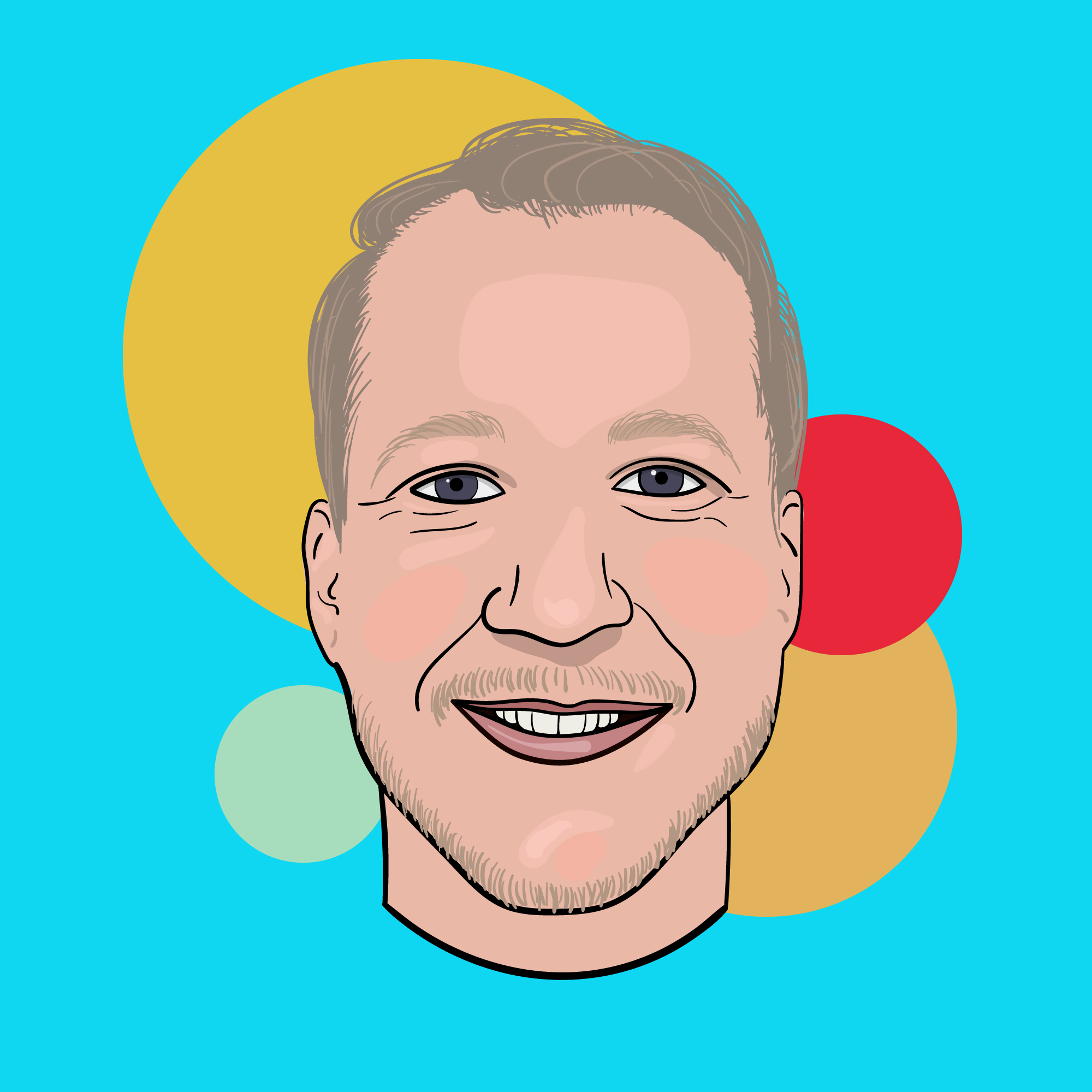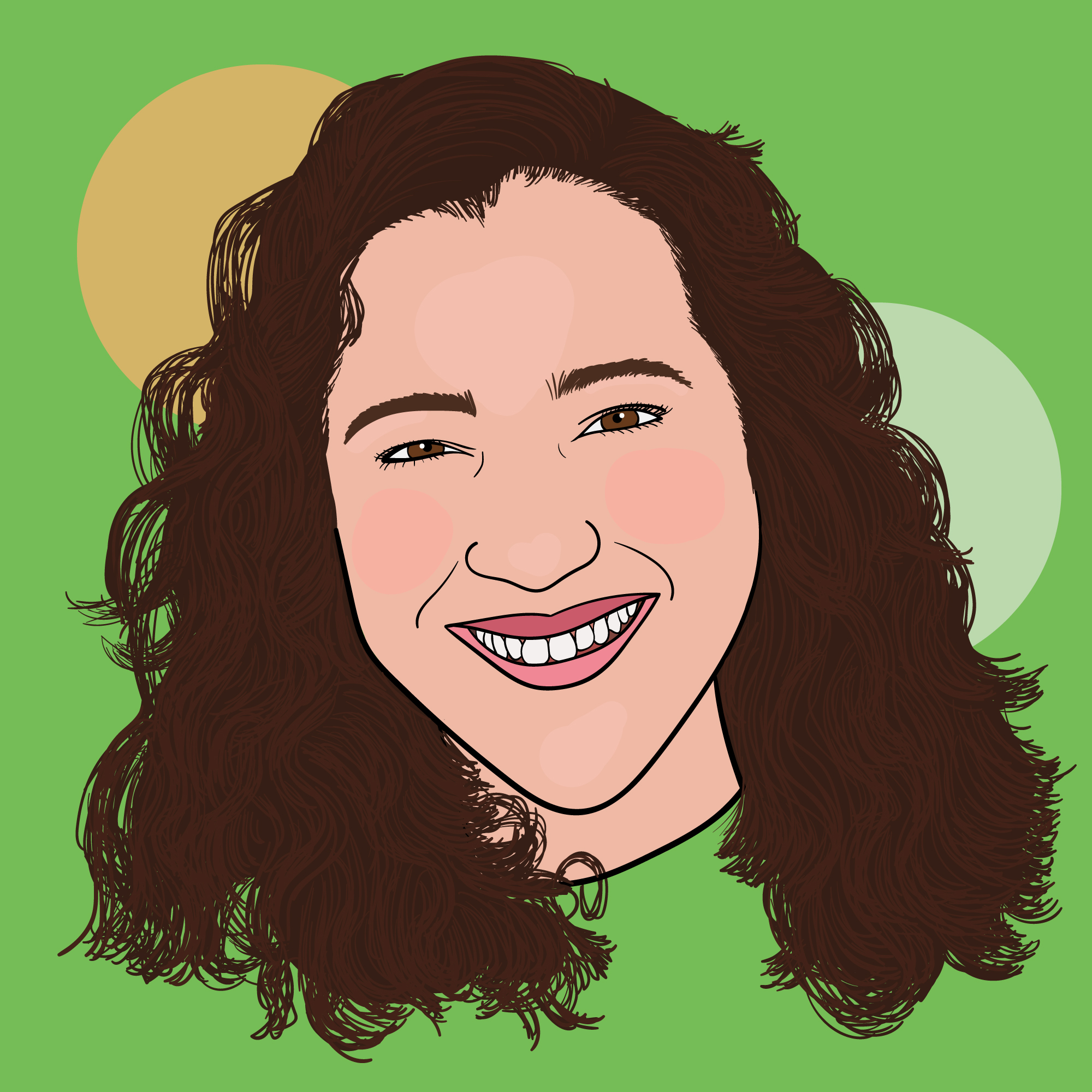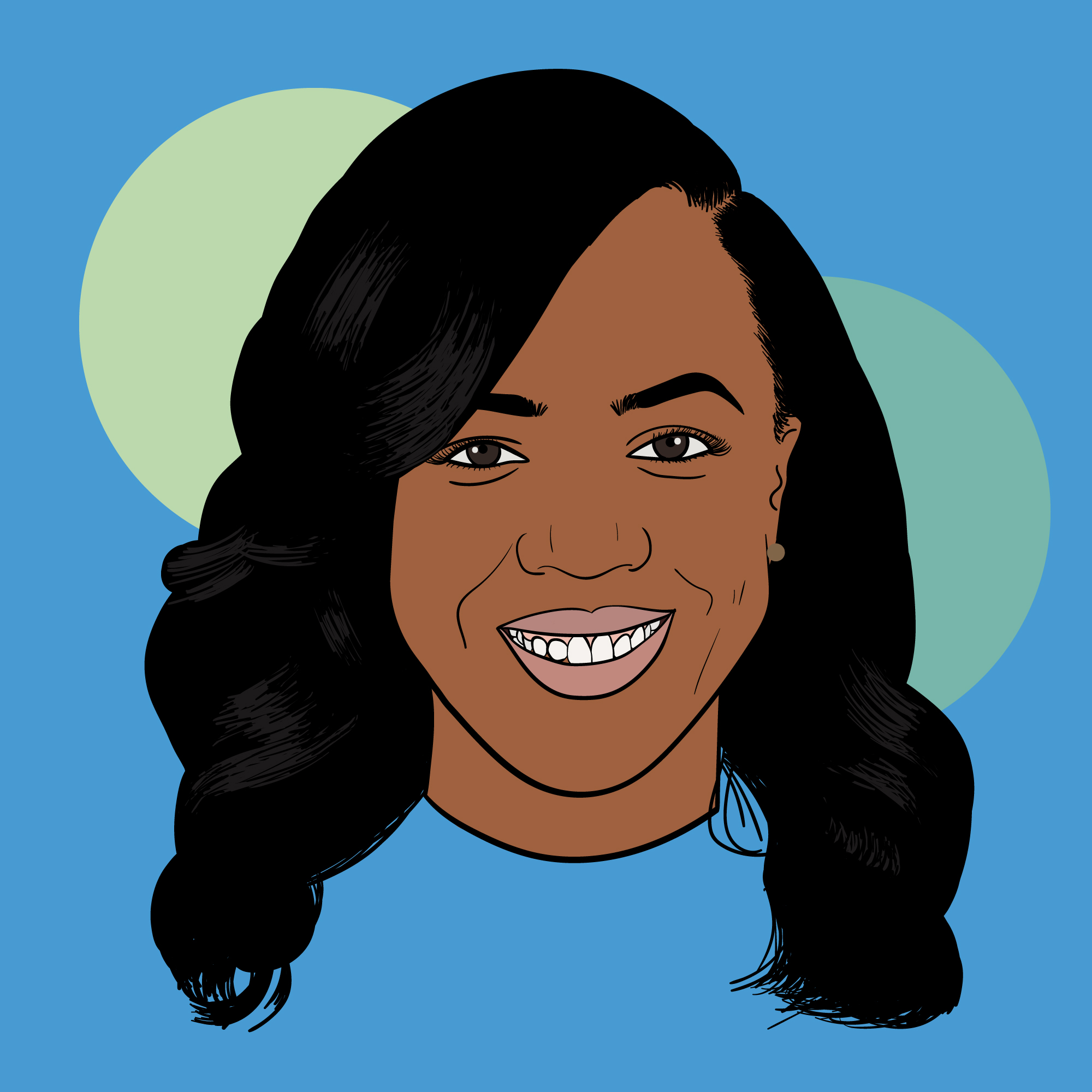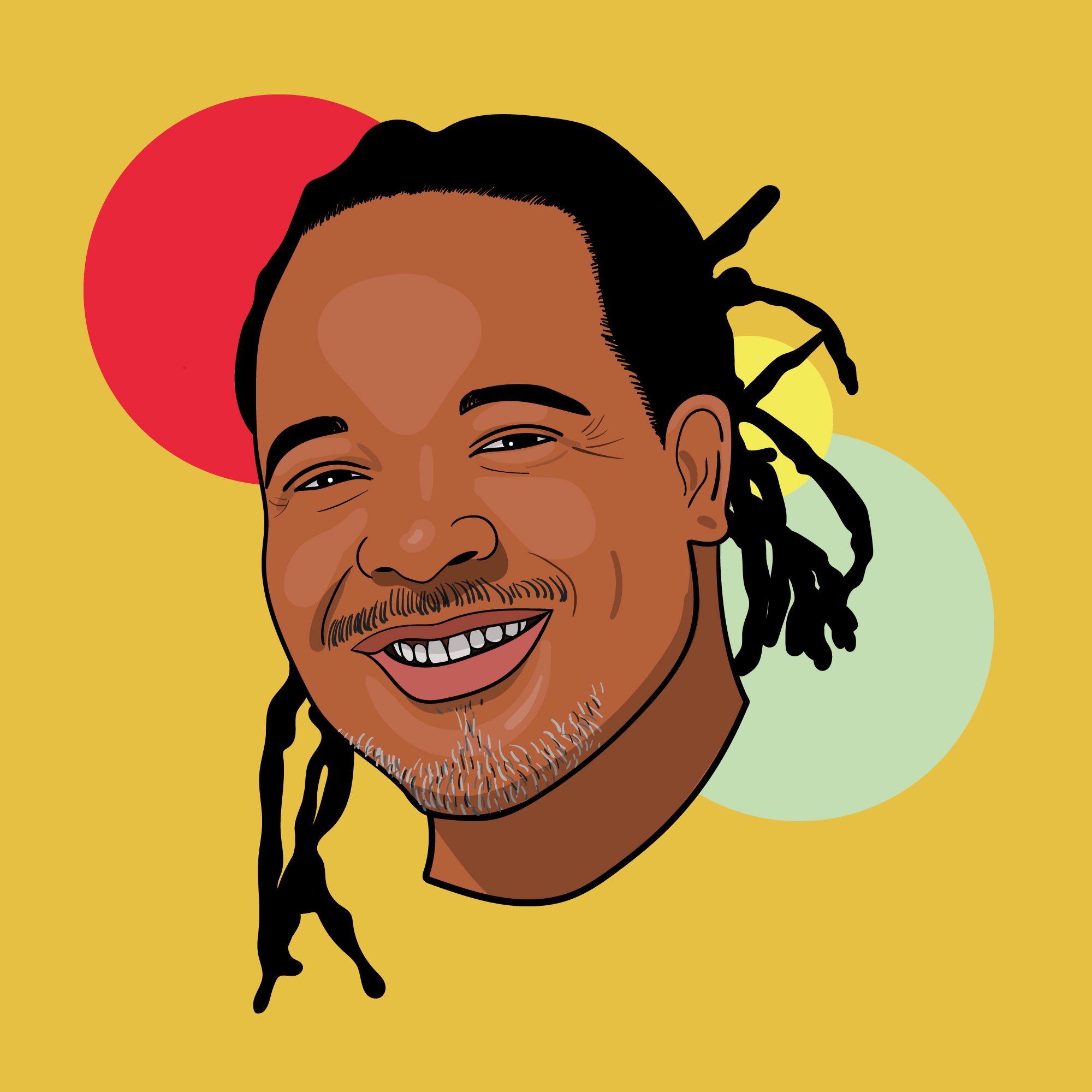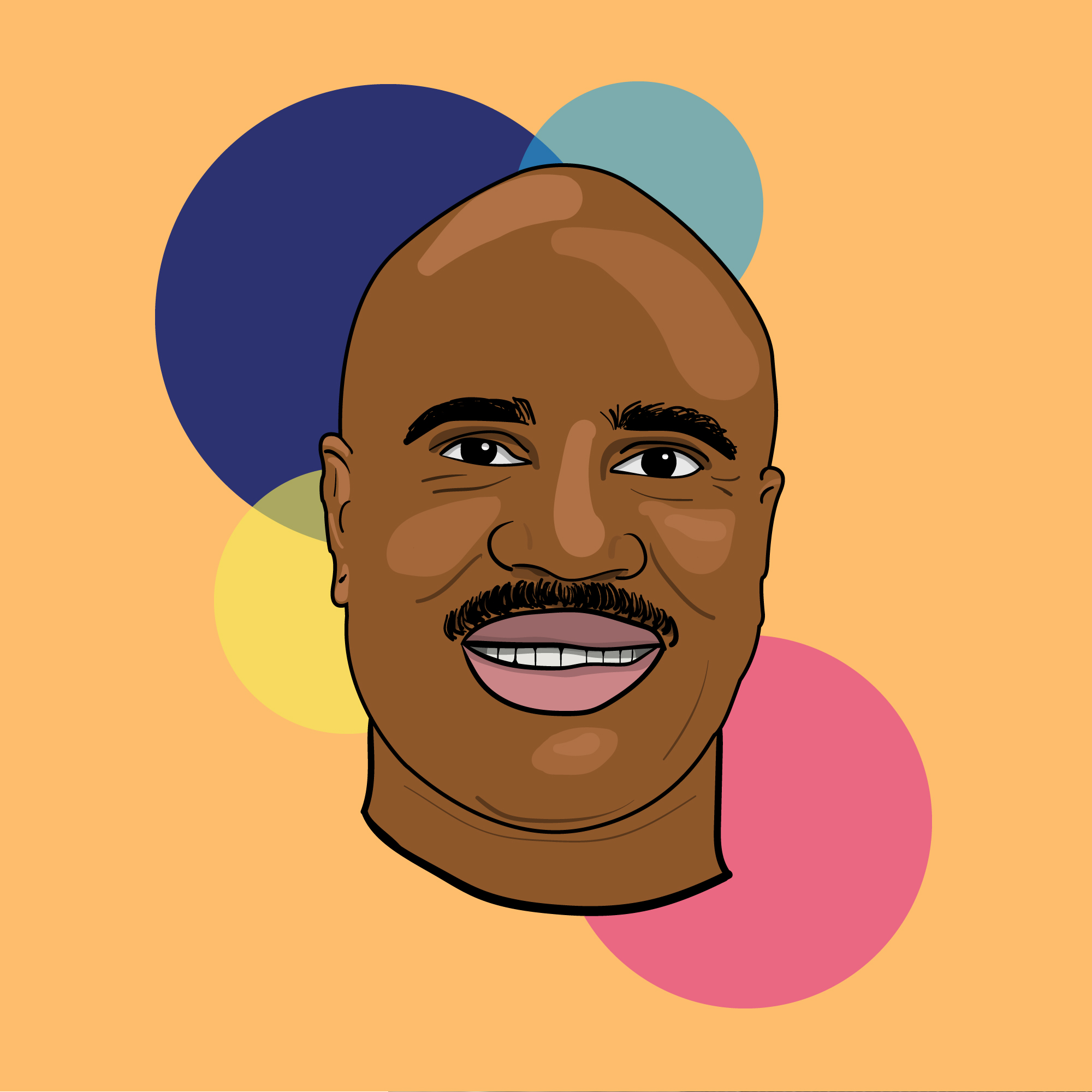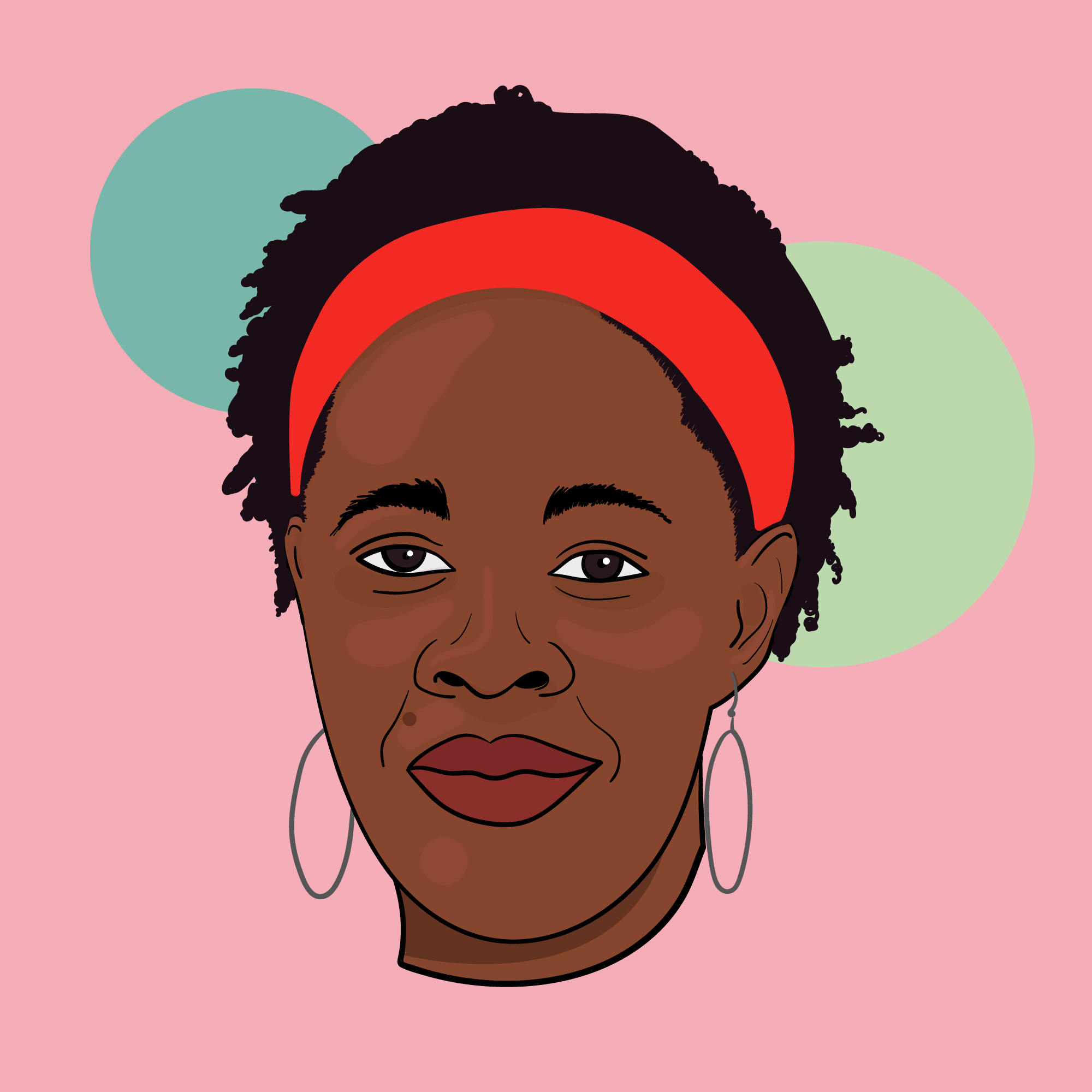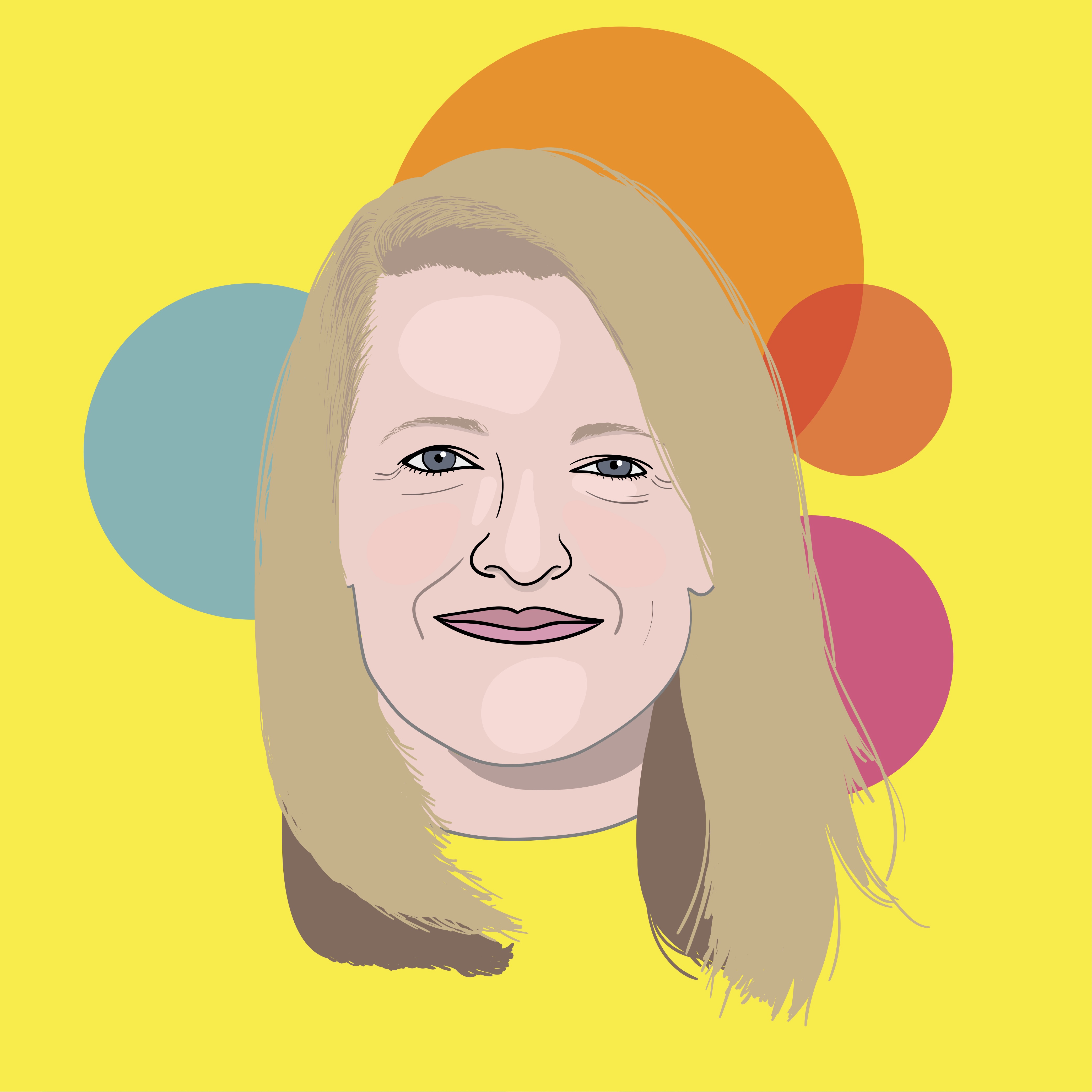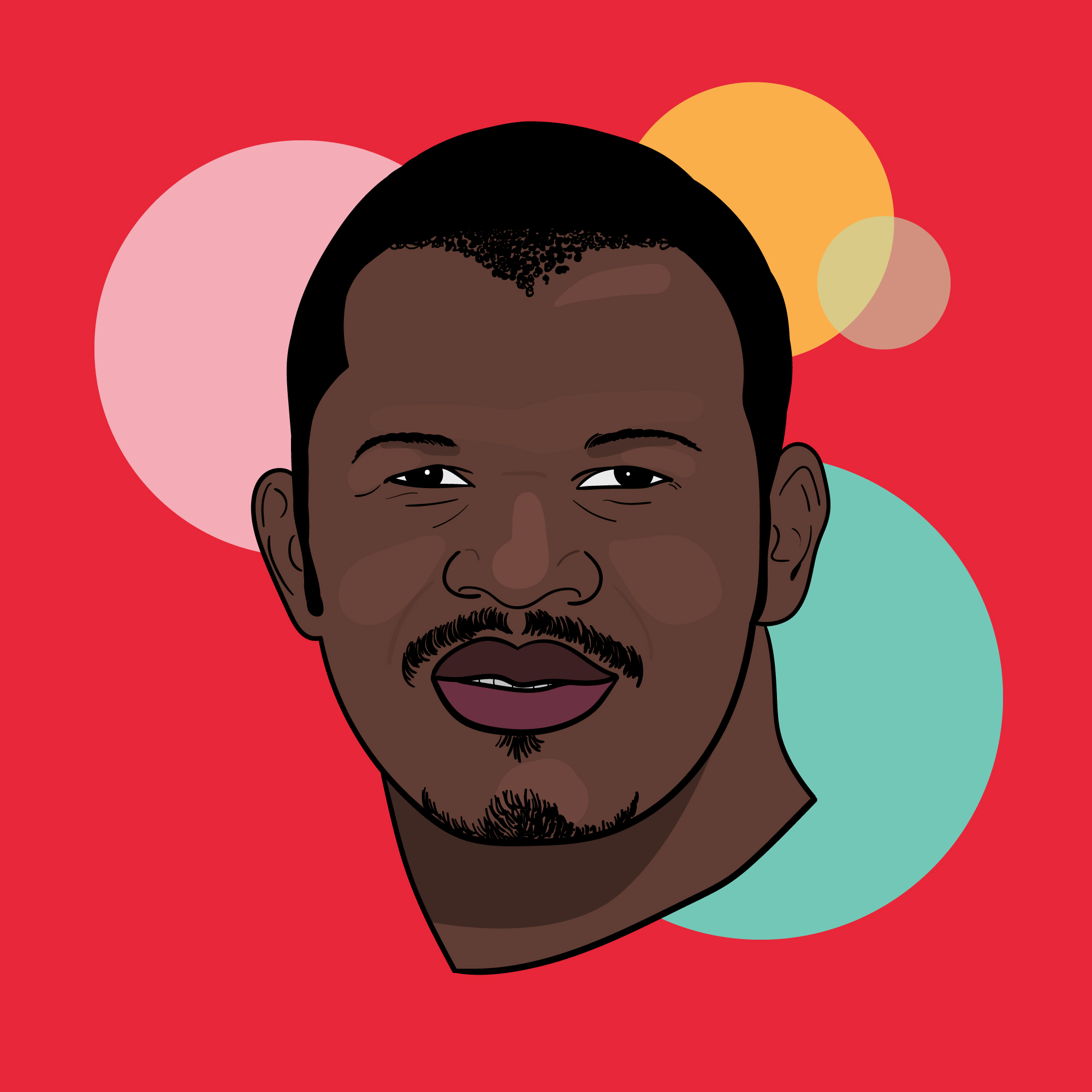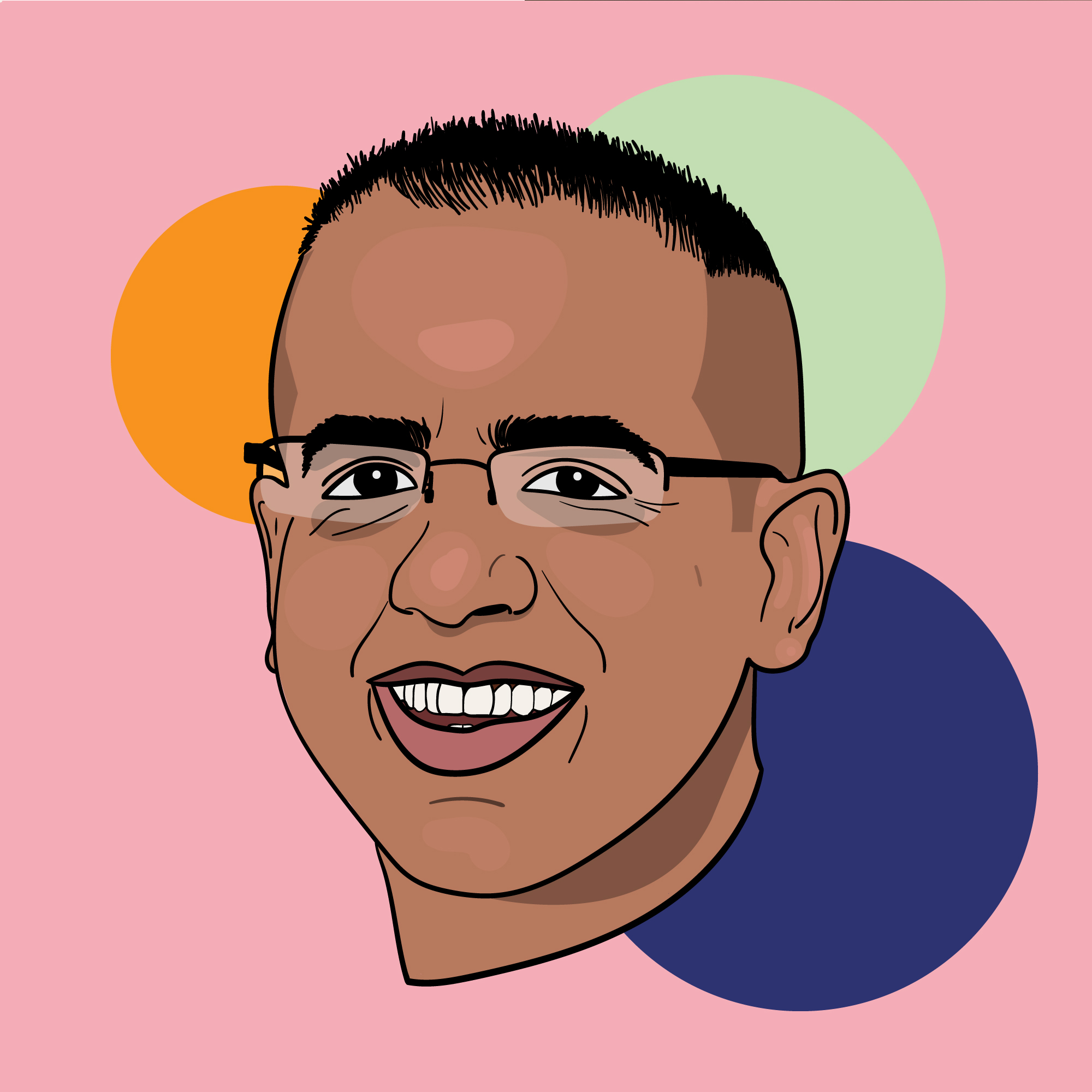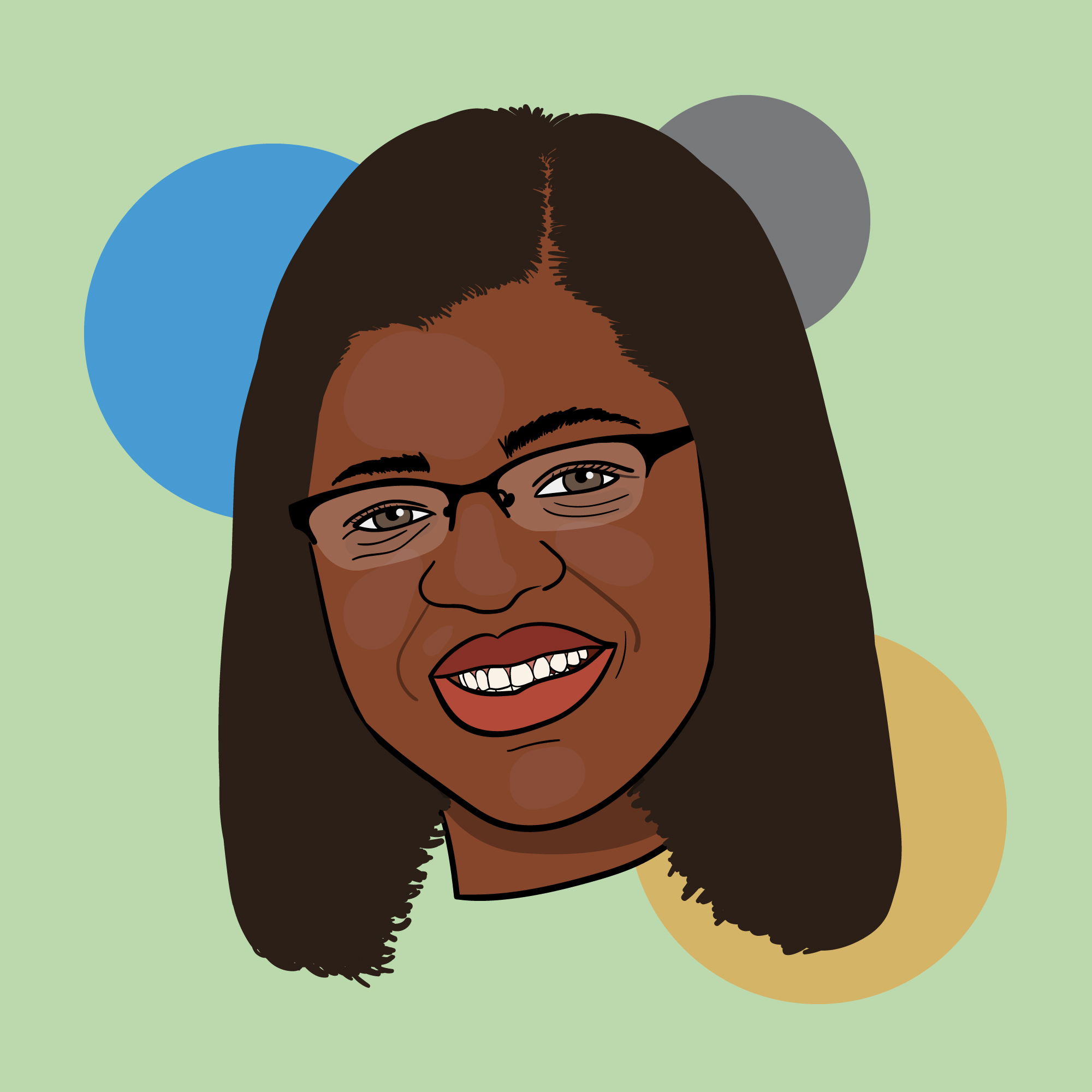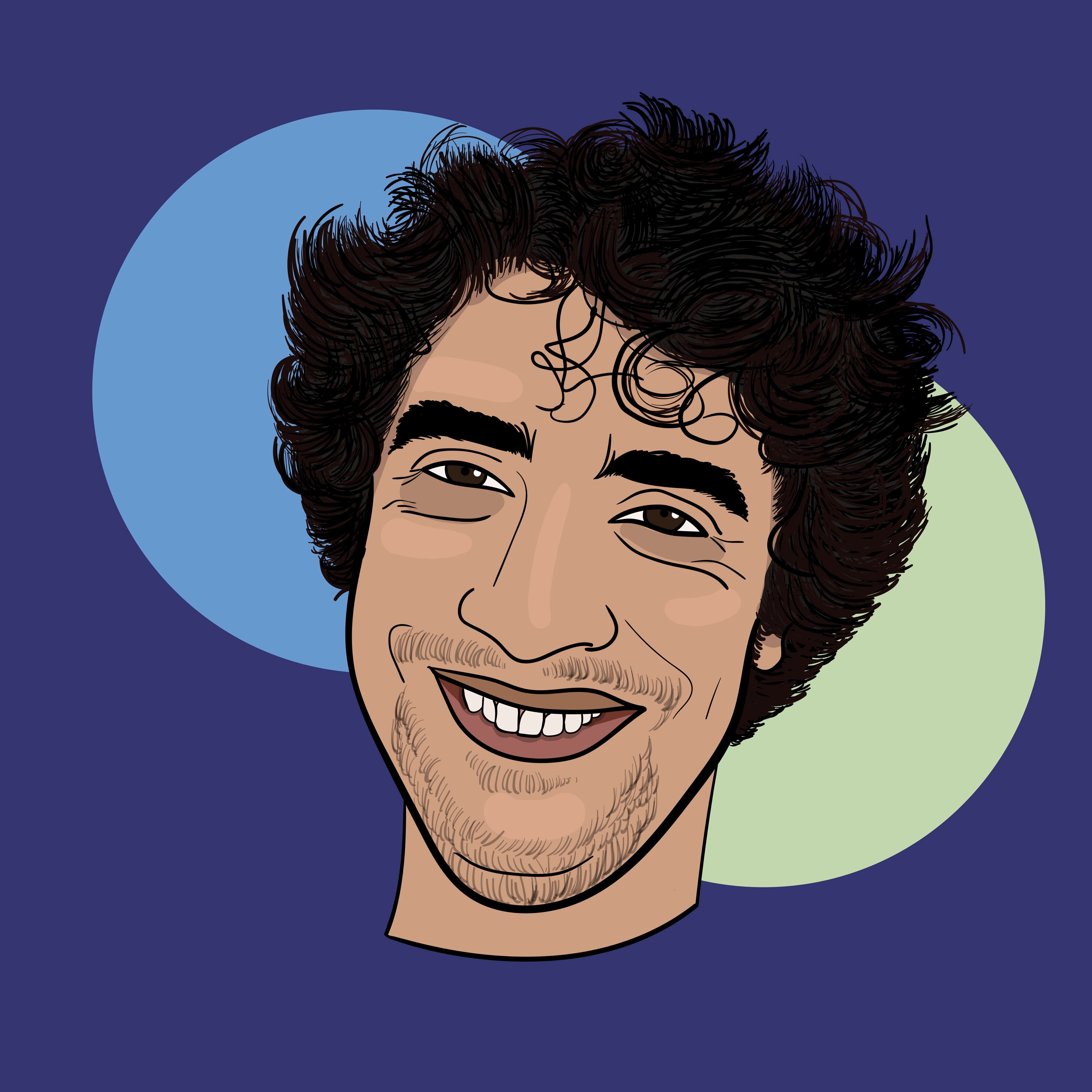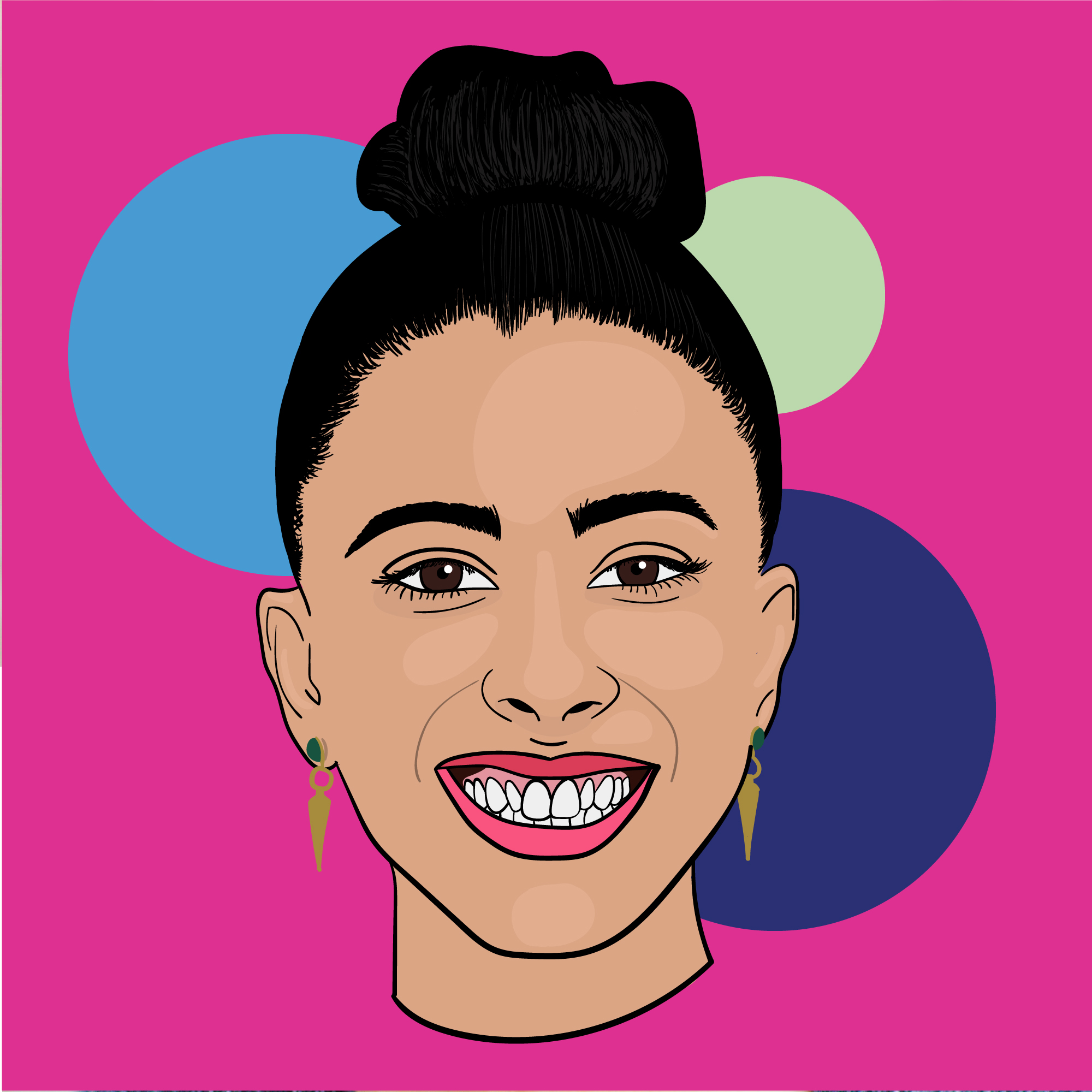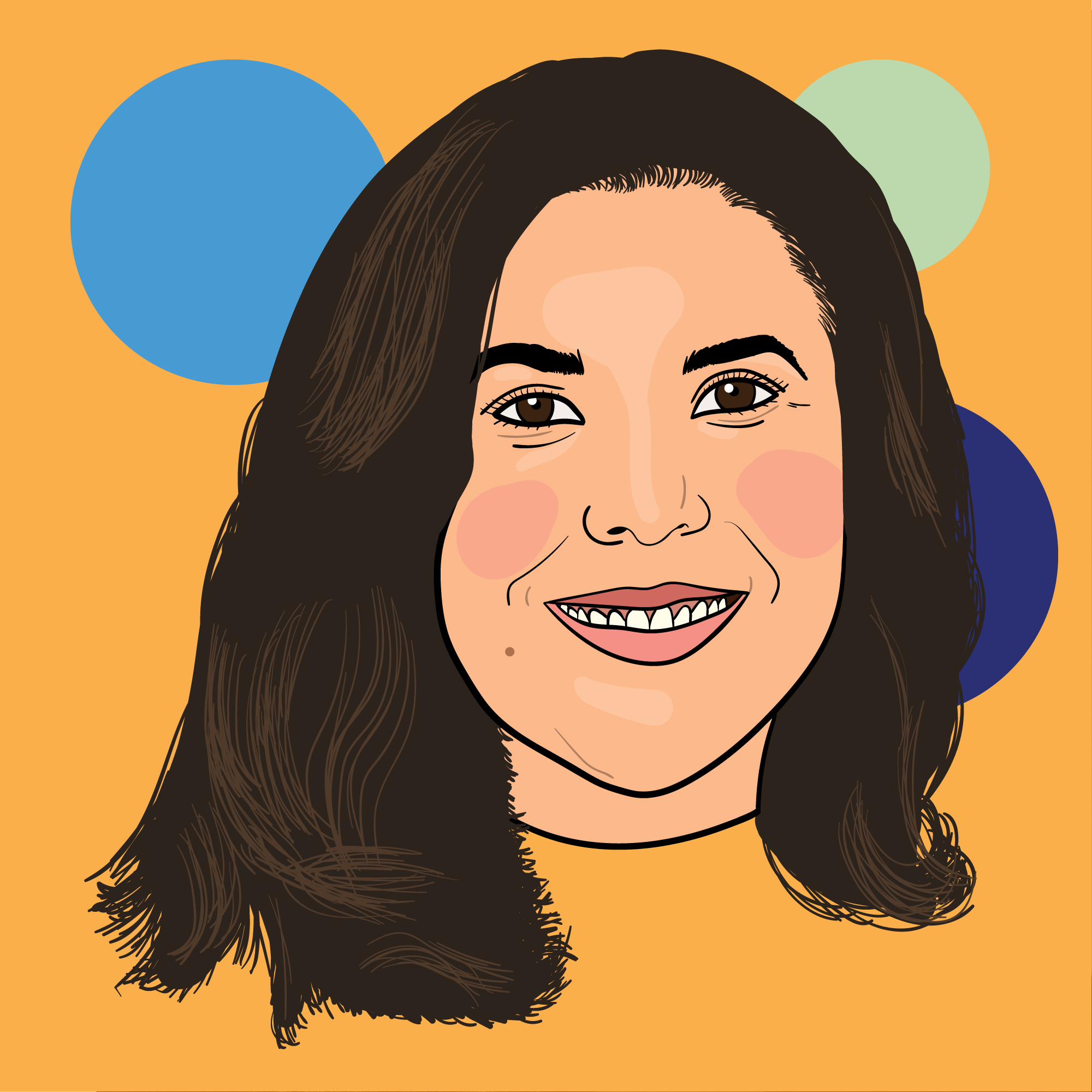Kalani Leifer

Every college grad deserves a fair shot at a meaningful, upwardly mobile career. That’s the promise of higher education in America, and every year, millions of young people enroll, persist, and graduate on this premise, often with great sacrifice. Yet nationwide, half of college grads (ages 21-27) are unemployed or underemployed, including more than two thirds of black college grads. Even in the digital economy, a bachelor’s degree is not enough. We need social capital—connections, casual favors, timely referrals—as much as we need skills. These favors travel quickly and organically across strong and weak social ties, but rarely across racial or economic lines. Ultimately, a labor market powered by relationships will only reinforce the status quo, amplifying residential and school segregation in the professional sphere.
COOP (Opens in a new tab) closes the social capital gap by recruiting and investing deeply in diverse, low-income, and first-generation grads from the City University of New York, San Francisco State, and other urban public colleges. COOP’s (Opens in a new tab) flagship program is the Digital Apprenticeship. Peer cohorts of 16 motivated, underemployed grads meet nightly for 16 weeks (200 hours) to learn technical skills, build community, and jumpstart careers in digital marketing and data analytics. Each cohort is led by a team of four captains, “near-peer” COOP (Opens in a new tab) alumni who serve as coaches, mentors, and guides on top of their busy day jobs at local ad agencies and tech companies. In parallel, COOP (Opens in a new tab) helps these same employers meet, interview, and hire more and more diverse candidates. Since 2014, COOP (Opens in a new tab) has run 40 cohorts with more than 550 apprentices, en route to 10,000 by 2025. Four out of five alumni work full-time, earning an average of $45,000 after 12 months and almost $70,000 after three years. Long-term, COOP (Opens in a new tab) aims to double the lifetime income of alumni—fueling upward mobility and fulfilling our collective promise of higher education.
Edie Windsor
